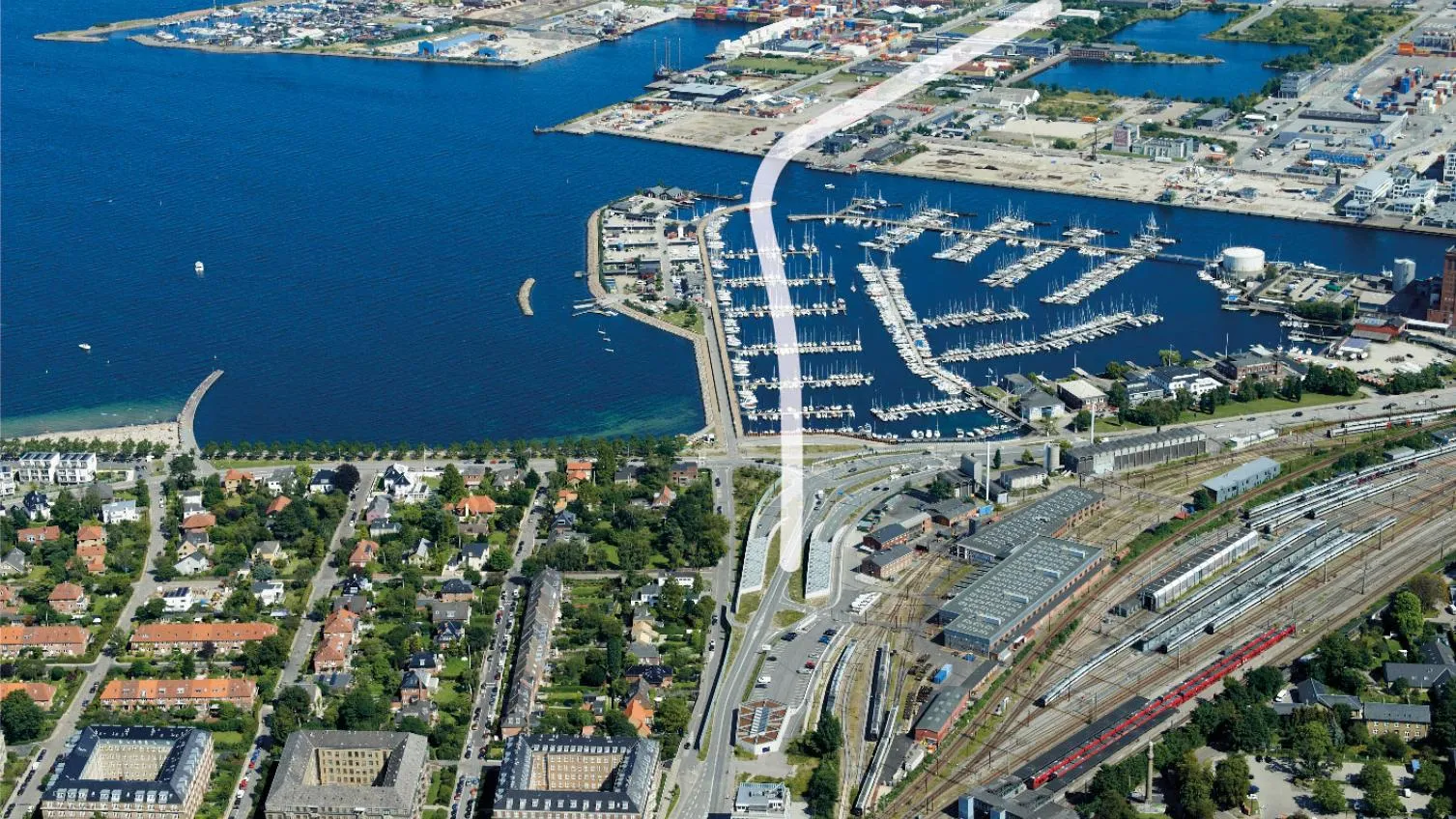The Danish city of Aarhus, which has the second-largest urban area in Denmark after Copenhagen, has chosen BlipTrack to measure travel time and traffic flow following eight months of thorough testing of the system. The results showed that Blip Systems’ small and non-intrusive Bluetooth solution could offer the same exact information as alternative and more expensive solutions.
August 10, 2012
Read time: 1 min
The Danish city of Aarhus, which has the second-largest urban area in Denmark after Copenhagen, has chosen BlipTrack to measure travel time and traffic flow following eight months of thorough testing of the system. The results showed that 3778 Blip Systems’ small and non-intrusive Bluetooth solution could offer the same exact information as alternative and more expensive solutions.
So far, 60 BlipTrack sensors have been installed with the main purpose to measure travel time; inform and warn about queues and delays; identify problem areas; evaluate and calibrate traffic signals; improve capacity on existing roads; and detect changes in traffic patterns.
So far, 60 BlipTrack sensors have been installed with the main purpose to measure travel time; inform and warn about queues and delays; identify problem areas; evaluate and calibrate traffic signals; improve capacity on existing roads; and detect changes in traffic patterns.










